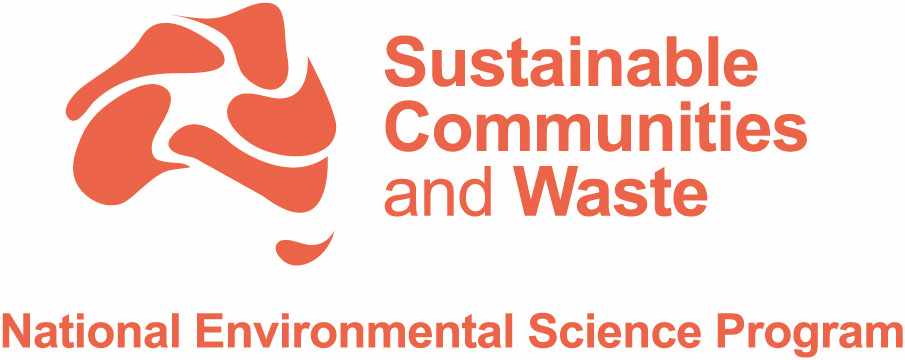An important part of achieving impact through environmental science is through effective collaboration. Partnerships are at the heart of National Environmental Research Program (NESP) science. That’s why Department of Climate Change, Energy, the Environment and Water (DCCEEW) policy and program managers partner with NESP scientists and Indigenous Australians to design environment and climate research projects that directly inform their work.
On 23-24 April 2024, DCCEEW hosted the NESP Partnership, Science, Impact conference to showcase these effective collaborations. The event aimed to strengthen partnerships between the diverse range of stakeholders that impact and are impacted by NESP research.
The Sustainable Communities and Waste (SCaW) Hub attended the conference with a range of delegates who participated in and learned from the conference activities. Hub chair Michael Sharpe was invited to host the first day of the gathering.
A strong focus on co-design
Hazardous Waste and Pollutants Researcher Dr Naomi Boxall presented alongside DCCEEW’s Glen Walker detailing the Hub’s work on ‘Co-designing research for a safer circular economy.’
The presentation showcased how Hub scientists are working with DCCEEW staff to better design research projects that meet emerging policy needs around hazardous waste and chemicals of concern found in waste.
The conference had “...many wonderful examples of excellent co-design, collaboration and partnership (and the associated challenges) for delivery of science with policy impact across the various Hubs, and some excellent learnings I will take back and share with our team and build more broadly into my own research,” Dr Boxall said.
Indigenous partnerships
Indigenous research partnerships are a key aspect of NESP research and are a vital part of caring for Country. The conference featured several presentations, panel sessions and activities to showcase the important work taking place in partnership with Indigenous communities, researchers and organisations.
SCaW Indigenous facilitator, Associate Professor Mandy Downing, took part in two panel sessions. On day one, she spoke at the session on Indigenous research partnerships in NESP and a panel discussing a vision for Australia in 2050 on day two.
“The National Environmental Science Program Conference showcased opportunities for Indigenous-led research and demonstrated Indigenous research capabilities and knowledge. The conference amplified Indigenous voices by infusing Aboriginal and Torres Strait Islander voices through research presentations and contributions to panel discussions,” said Associate Professor Downing.
Waste and the circular economy
Circular economy policy is developing rapidly. The SCaW Hub has several research projects underway to help facilitate this transition, with a particular focus on regional and remote areas in Australia.
Waste Impact Management Initiative Leader Professor Matthew Kearnes, Data Wrangler Anirban Ghose and Waste Impact Management Researcher Dr Stefan Kaufman hosted the ‘Managing Waste’ table during a conversation stations activity.
The activity brought together attendees from a range of disciplines to facilitate discussions on plastic pollution, with the Hub members' assistance and expertise. Participants explored a range of barriers and solutions to the plastic problem.
Collaboration for impact
Meeting in person with colleagues, end users and stakeholders from the diverse disciplines of NESP allowed for collaboration and knowledge sharing to take place to help achieve DCCEEW’s vision:
“An Australia that is prosperous because it is sustainable, with community and Country at the heart of our actions.”
SCaW Hub Knowledge broker, Associate Professor Farshid Pahlevani, was invited to take part in the Science to Policy Partnerships panel session, exploring what NESP can do to achieve effective co-design and maximise the research pathway to impact.
Hub leader, Professor Veena Sahajwalla, and Waste Impact Management Initiative Leader, Professor Matthew Kearnes, took part in the final session on ‘What the next 3 years of NESP research could look like’ hosted by NESP Director Simon Gallant. They discussed a range of ways the Hub will continue to drive impact through its priorities and thematic areas.
Steering Committee member Paul Klymenko, Operations Manager Dr Dixit Prasher and Communications Officer Sarah Bassett also attended the conference, taking part in activities and networking opportunities to connect with DCCEEW staff, Indigenous representatives, NESP researchers and more.
Opportunities such as the NESP conference provide the time and space for partnerships to be formed and fostered and to ensure the environmental science happening within the program drives real-world impact.





